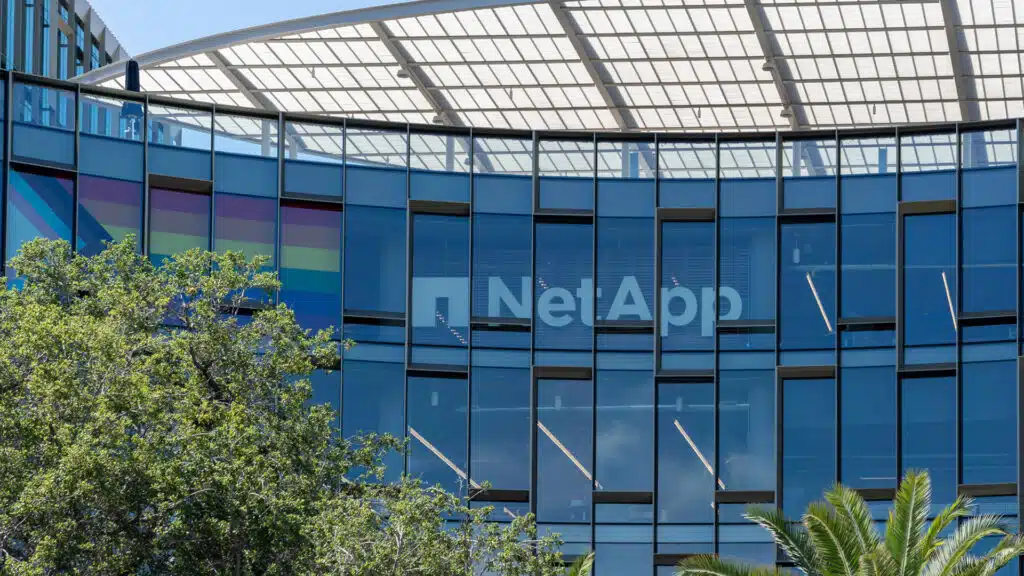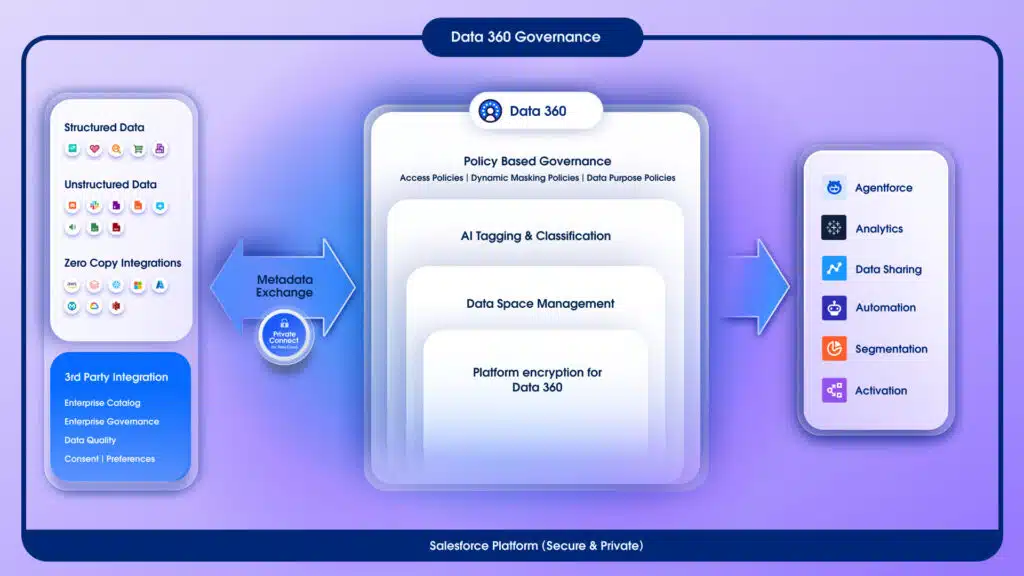The News: DDN has released a new storage solution, named Infinia. The Infinia platform is a multi-protocol solution that will support object, file, and block storage. Infinia is designed as a modern unstructured data solution that can provide cloud-like multi-tenancy and support new unstructured workloads, such as AI. Read more about the release on the DDN website.
DDN Releases Infinia
Analyst Take: DDN has released its latest storage offering, Infinia, an all-flash, scale-out, multiprotocol storage solution. Infinia is a brand-new software development from DDN that is designed to provide support for modern unstructured workloads such as AI while offering simple management and multi-tenancy.
The solution is designed around the use of all quad-level cell (QLC) flash storage devices that provide both high density and performance. For data resiliency, Infinia uses a 4+2 erasure coding scheme with a minimum of 6 nodes. Currently, Infinia supports S3 object storage, with support for Kubernetes-based block storage, and parallel file support listed as roadmap items.
In addition to all-flash performance, Infinia optimizes IO with a Dynamic IO engine. The Dynamic IO engine optimizes storage IO for different workloads and adjusts the handling of small objects and large sequential writes. DDN claims Infinia is capable of sub-millisecond latencies for both PUT and GET operations.
With Infinia, DDN has also prioritized simplicity of both deployment and multi-tenancy. Infinia offers an accelerated, containerized deployment that DDN claims can be done in around 10 minutes. DDN also claims that new services and tenants can be deployed in around 4 minutes. Infinia’s multi-tenancy is built on a software-based, distributed keystore that is sharded across the entire Infinia infrastructure to maximize efficiency. Infinia’s multi-tenancy is protected by a fair-share QoS implementation in which a tenant can utilize 100% of resources when there are no other tenants but is automatically bounded by its capacity and performance service levels when sharing with other tenants. The fair-share QoS is fully automated and is provisioned simply with a selection of performance and capacity requirements for the tenant.
The new Infinia system is a departure from DDN’s well-established focus on the traditional high-performance computing (HPC) space. Instead, Infinia appears to cater more toward enterprise and service provider use cases. The architecture of the system, including the focus on QLC flash, dynamic object handling, and scale-out capabilities of Infinia make it well suited for modern object storage workloads that require both performance and high scalability, such as AI. The ease of deployment and multi-tenancy capabilities that DDN has included make Infinia an attractive solution for service providers.
The initial offering is as an object storage platform, with parallel file services to be added later. DDN also plans to add block storage support; however, I envision Infinia to primarily be an unstructured data solution. Other roadmap items mentioned by DDN include a SQL query engine and advanced database and data movement capabilities. The continued development of the platform will further add to its ability to support AI and other unstructured data workloads.
Disclosure: The Futurum Group is a research and advisory firm that engages or has engaged in research, analysis, and advisory services with many technology companies, including those mentioned in this article. The author does not hold any equity positions with any company mentioned in this article.
Analysis and opinions expressed herein are specific to the analyst individually and data and other information that might have been provided for validation, not those of The Futurum Group as a whole.
Other insights from The Futurum Group:
IBM Releases Storage Scale System 6000
VAST Partners with Lambda to Power GPU Cloud
Dell PowerMax 10.1 – Improved Energy Efficiency and Cyber Resiliency
Author Information
Mitch comes to The Futurum Group through the acquisition of the Evaluator Group and is focused on the fast-paced and rapidly evolving areas of cloud computing and data storage. Mitch joined Evaluator Group in 2019 as a Research Associate covering numerous storage technologies and emerging IT trends.
With a passion for all things tech, Mitch brings deep technical knowledge and insight to The Futurum Group’s research by highlighting the latest in data center and information management solutions. Mitch’s coverage has spanned topics including primary and secondary storage, private and public clouds, networking fabrics, and more. With ever changing data technologies and rapidly emerging trends in today’s digital world, Mitch provides valuable insights into the IT landscape for enterprises, IT professionals, and technology enthusiasts alike.







